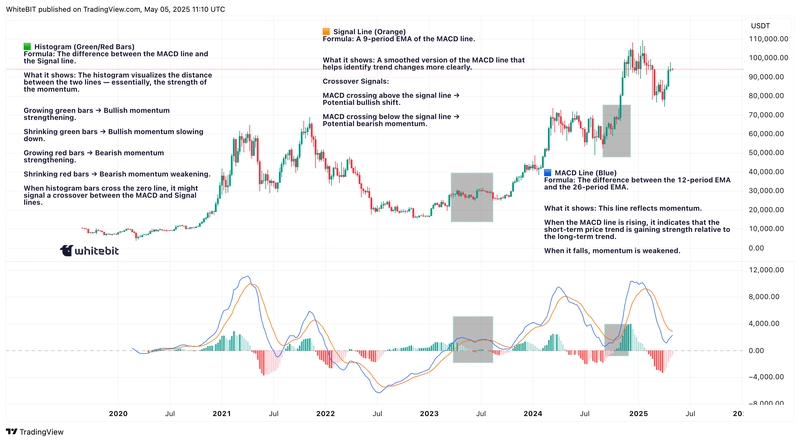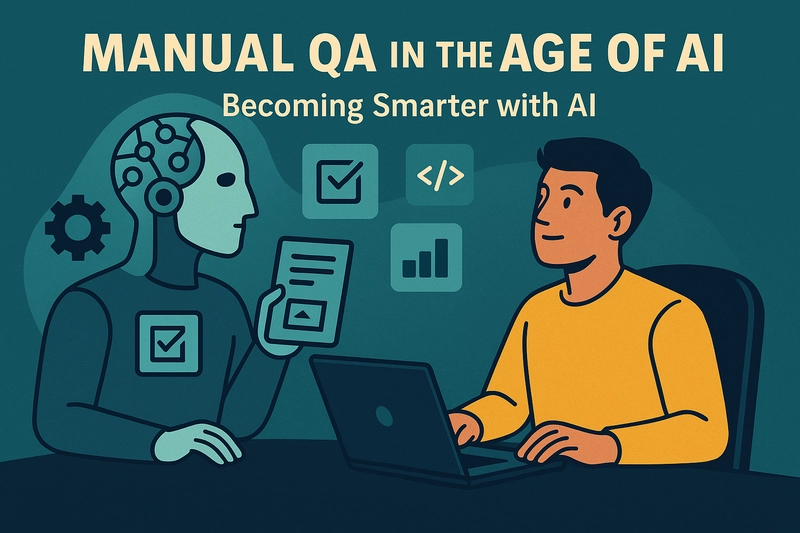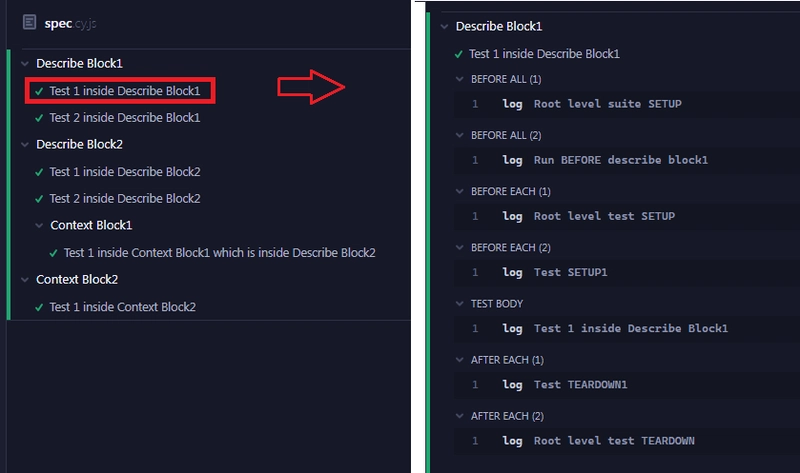The AI Race Gets Personal: OpenAI’s New Social Network
The AI race just got a lot more interesting. OpenAI, the team behind ChatGPT, is reportedly diving into the social media arena with an AI-powered social network. Yes, you read that right — a direct competitor to Elon Musk’s X (formerly Twitter) and a potential alternative to Meta’s upcoming AI-driven platforms.
As both a QA engineer and crypto enthusiast, this move caught my attention for a few key reasons — and no, it's not just the tech drama.
AI Meets Social Media: The Future is Now
Imagine this: OpenAI’s new platform harnesses its most powerful tool — ChatGPT — to completely reshape how we interact on social media. Think about AI-generated posts, AI-powered moderation, and maybe even personalized AI companions that feel more like real people than chatbots.
From a developer’s perspective, this is a game-changer. It's not just another social network — it’s a dynamic AI sandbox. If OpenAI opens it up to developers, we could be looking at experiments in AI-driven UX, content curation, and more. The possibilities are endless.
From a QA Perspective: Prepare for Chaos
Testing social platforms is already a nightmare. Now, throw in AI-driven behavior, and things get complicated — fast.
You’re no longer dealing with static inputs and outputs. Instead, you're testing:
- Generative AI interactions
- Context-aware responses
- Emergent edge cases that evolve with every user interaction
So, what does this mean for QA?
- Test plans? Better be modular and adaptive.
- Monitoring? Real-time anomaly detection is a must.
- Bias mitigation? Absolutely critical — the stakes are higher than ever.
This isn’t just QA as usual; we’re talking about testing something alive, something that learns and adapts.
Blockchain & Crypto: The Next Social Frontier?
While there's no official confirmation about blockchain integration yet, the crypto community has its eyes on this. An AI-driven social network could be the perfect place to test out Web3 concepts like:
- Decentralized identity
- On-chain content verification
- Tokenized creator economies
If OpenAI plays this right, we might just see the first truly AI + Web3 social experience. Imagine zk-proofs verifying user authenticity while preserving anonymity, or AI-generated content with on-chain provenance.
Seems far-fetched? Maybe. But the potential is definitely there.
Musk vs. Altman: The Drama Behind the Scenes
Of course, this all happens against the backdrop of the ongoing drama between Sam Altman and Elon Musk. Lawsuits, failed takeovers, and public spats have made their relationship feel like a tech soap opera. But here’s the thing — while the media is focused on the feud, the real story for us devs is the tech and what it enables.
Musk’s X versus OpenAI’s new platform? This is more than just a battle of personalities. It’s a battle of technologies.
Final Thoughts: A New Era of AI and Social Media
Whether OpenAI’s new social network becomes the next big thing or fades into obscurity, one thing is certain: AI is no longer just a tool in the background. It's becoming the core of the product itself.
This means new responsibilities for developers, new ethics to consider, and yes, a whole new layer of bugs to squash. Get ready for a ride.
So, let me know — would you build for an AI-native social network? Would you trust it? Or are we headed for a dystopian group chat with 7 billion AI friends?


